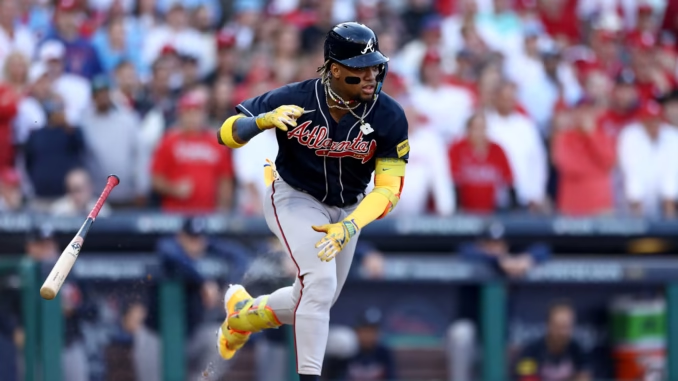
The statement “That’s why I don’t agree with that contract because he’s very bad defensively” likely refers to a player’s contract offer or extension, where concerns about their defensive performance are a key factor in the disagreement. In baseball, defensive skills are often just as important as offensive abilities, especially for players who play positions like shortstop, center field, or third base, where defensive proficiency can have a significant impact on a team’s success.
When evaluating a player’s overall value, especially when it comes to signing a long-term contract, teams must consider both offensive and defensive contributions. A player with poor defensive metrics, such as low fielding percentage, high error rates, or poor range, can cost the team runs. In contrast, an outstanding defensive player can save runs and create outs that might otherwise be lost. Poor defense may also affect a team’s pitching staff, as pitchers often rely on solid defense behind them to limit the number of earned runs they allow.
In this context, if a player has poor defensive statistics, it may raise red flags for a team considering a long-term investment. A defensive liability can offset the offensive value a player provides, especially if that player is positioned in a critical defensive spot. For example, a player with a high batting average and solid offensive numbers might not justify a substantial financial commitment if they are a liability in the field. A bad defensive performance can lead to higher rates of balls in play turning into base hits, which could result in an overall decrease in a team’s win probability.
The decision to not agree with the contract offer likely stems from a long-term concern about the player’s defensive shortcomings. In such cases, teams may prefer to allocate resources toward players who offer both solid offense and defense, even if it means paying a bit more upfront. A poor defender, particularly at a premium position, can place strain on the team’s overall performance and the balance between offense and defense.
In conclusion, while offensive output is a critical factor in evaluating a player, a bad defensive performance can limit a player’s value, especially if their weaknesses are at a position of high importance. Thus, the decision to reject a contract based on defensive concerns is not only valid but often essential to maintaining a balanced and competitive team. Teams that fail to address defensive inefficiencies may find themselves falling short in the long run, as defense plays a crucial role in winning championships.
Leave a Reply